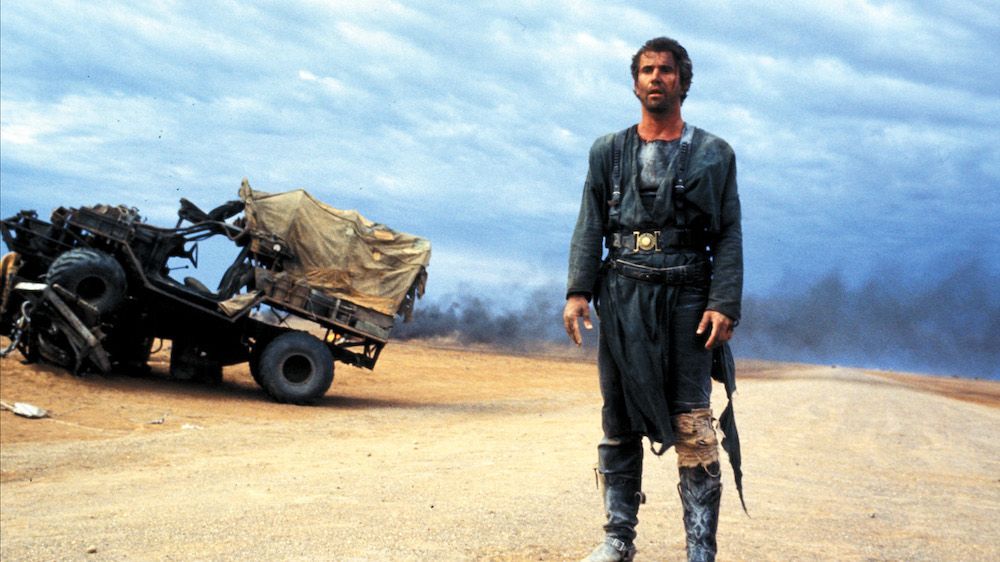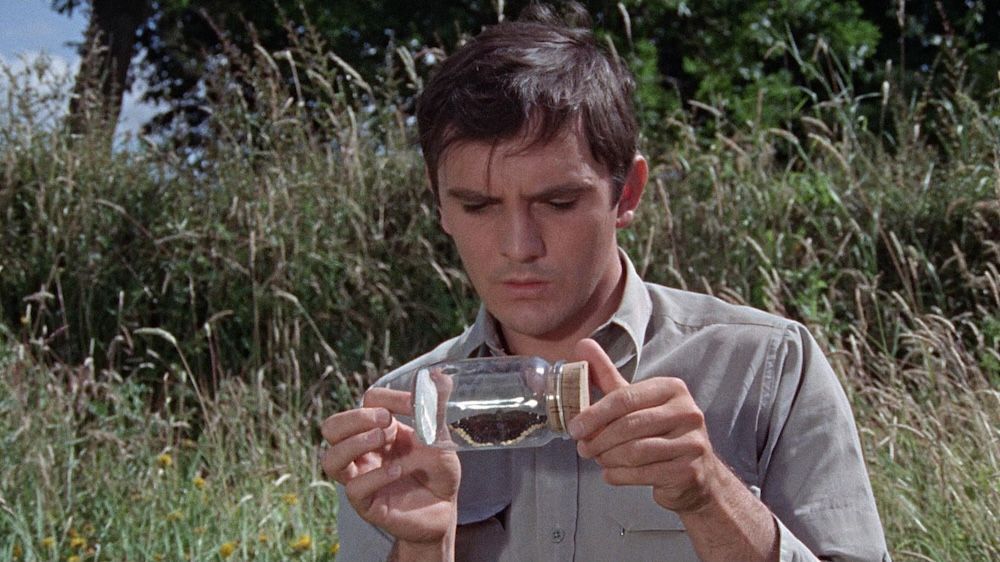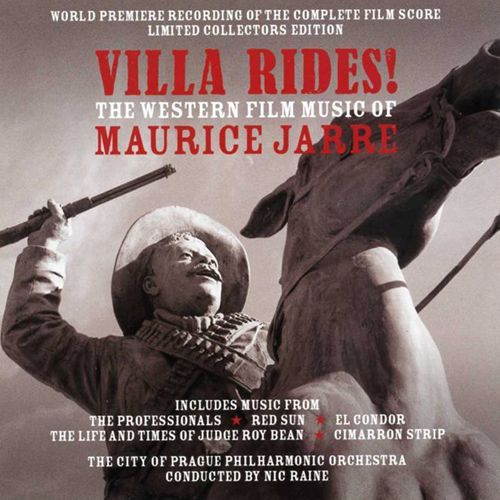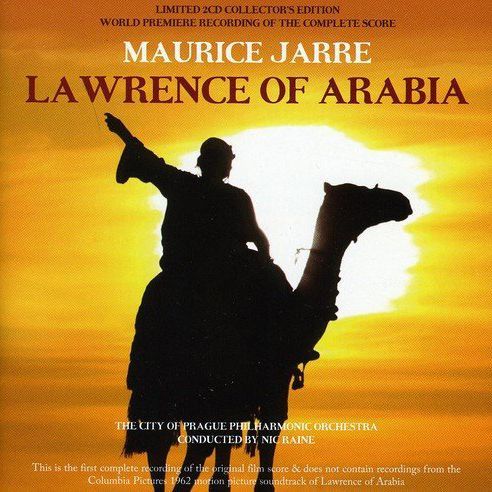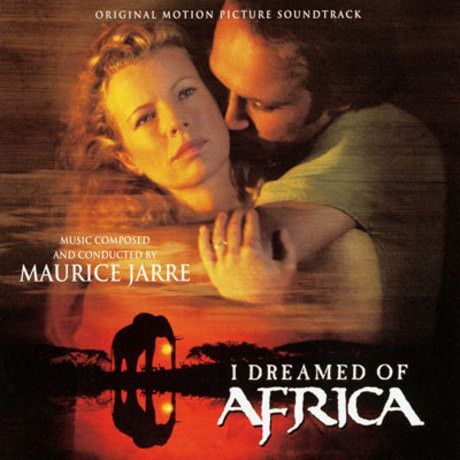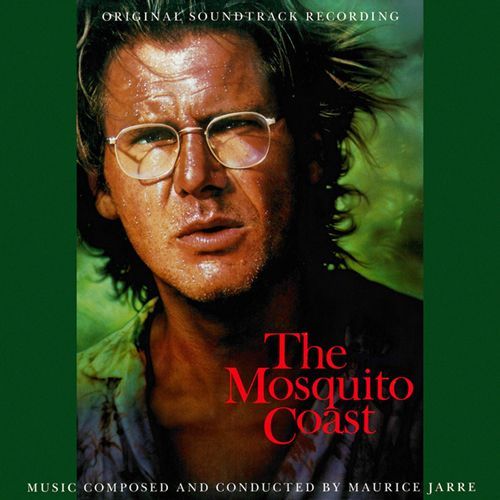Maurice Jarre 1924-2009
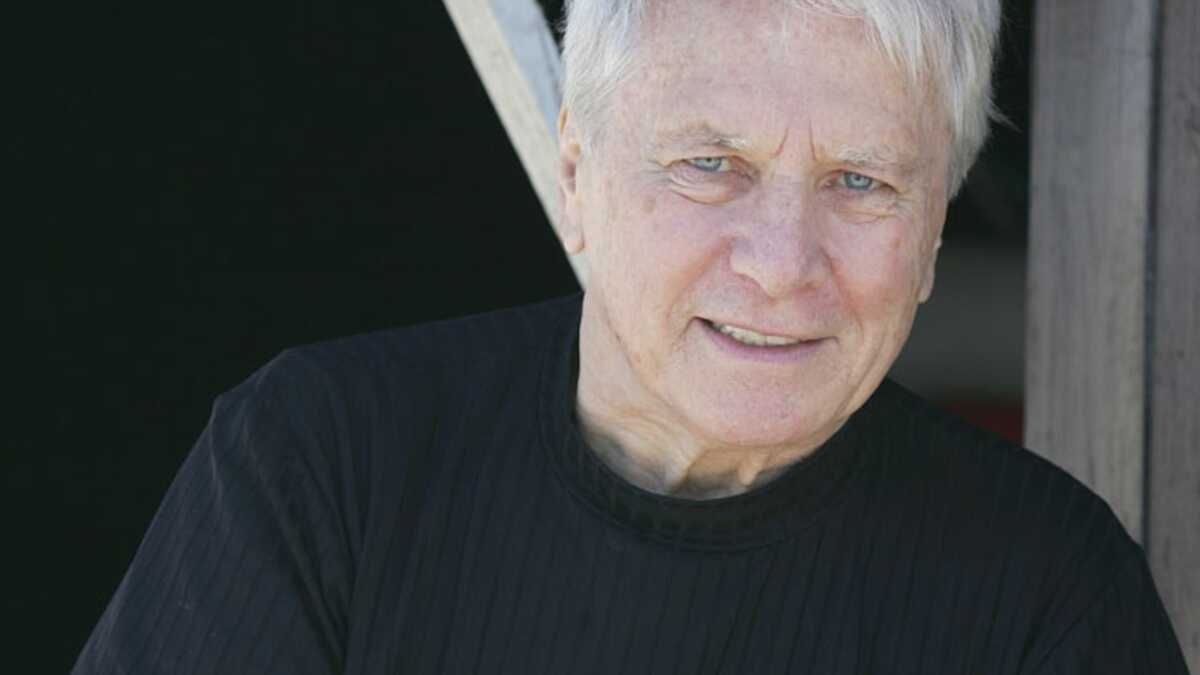
This interview with Maurice Jarre took place at his apartment in London on April 12th 1984, just after he had finished writing and recording the score for TOP SECRET. I had first met Jarre a few years earlier on the recording sessions for LION OF THE DESERT and had kept in touch over the years. He is now (mid-September 1984) starting to write the score for the new David Lean film, PASSAGE TO INDIA, and later this year will score the new Peter Weir picture WITNESS.
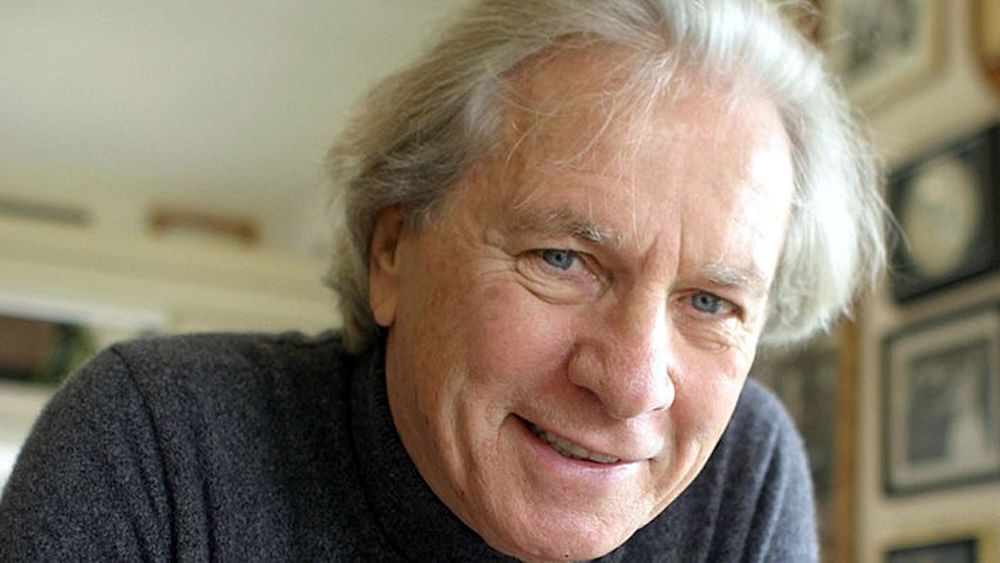
I've been a fan of Maurice Jarre's music all my life. In 1984 I saw his ballet Notre-Dame de Paris in a choreography by Roland Petit and I attended two of his concerts at the Barbican: the first in 1985, with David Lean present and the second in 1991 in honor of the director. Each time I was able to attend the rehearsals and in spite of a maddening schedule, Maurice Jarre always had time for a few words. During these concerts Jarre proved to be an admirable entertainer with the short speeches he made.
Scoring Session
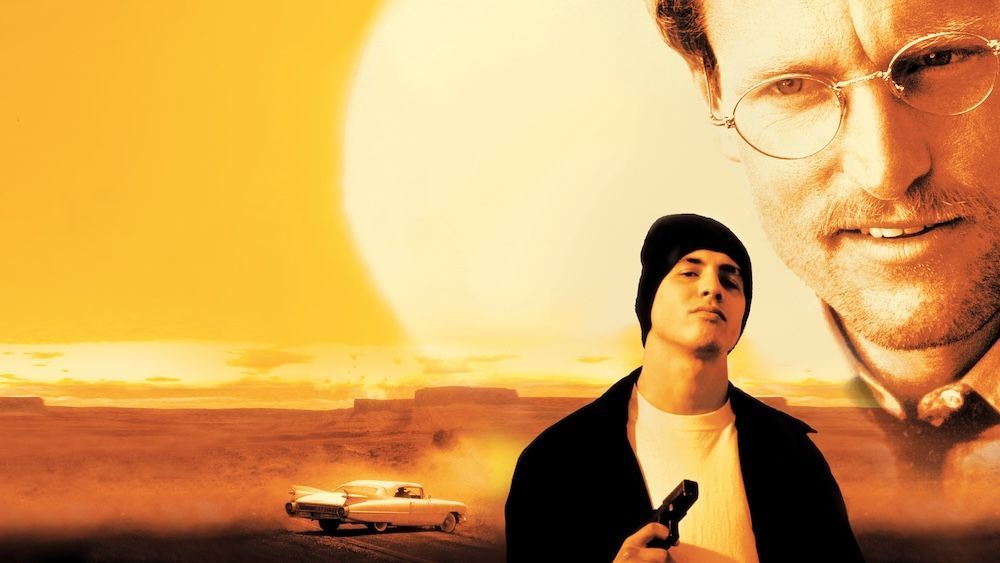
Maurice Jarre fans have every reason to be delighted: this Summer Jarre gave an open air concert in Berlin, a career achievement award dinner given by the Society for the Preservation of Film Music took place last October and his concert at the Royal Festival Hall in London a few days later (on October 16) attracted quite a crowd.
Analysis
Reviews
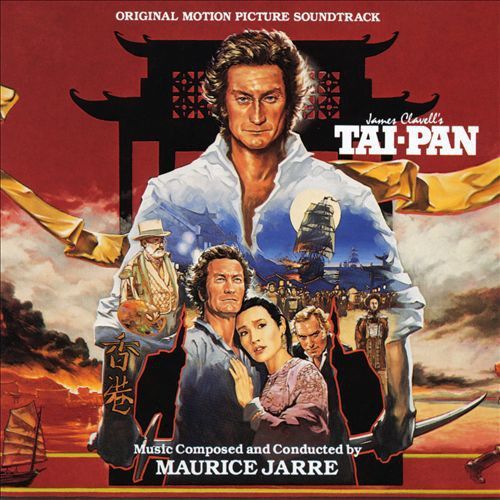
away in this full sweeping orchestral score. The “Main Title“ is a grandiose, percussive one complete with standard Alex North oriental ornamentation and some familiar if awkward Jarre modulations. Probably the best thing about the main title is that it evokes pleasant memories of better oriental scores, like THE SAND PEBBLES. However, it is still an aesthetically appealing exercise in orientalism but without much thought or intellect.

It is amazing to realize how much our perception of what “Roman epic” music must sound like has changed, once we have been exposed to Miklos Rozsa. In many celebrated scores, Rozsa clearly defined this type of music, and, right or wrong, set the standards by which other similar scores have to be judged.
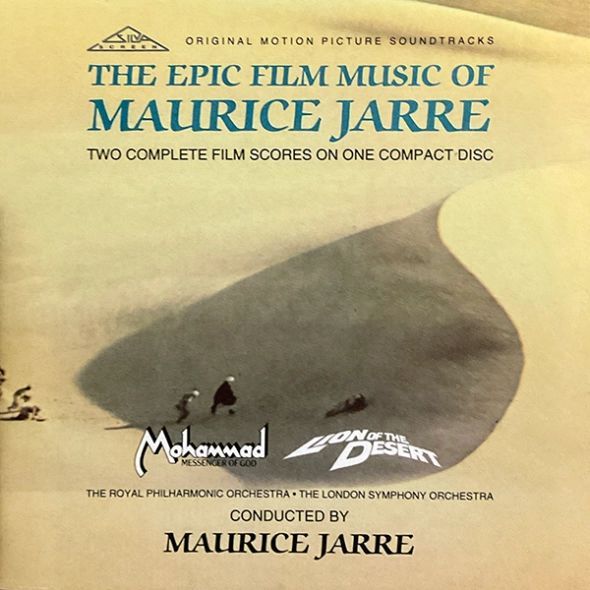
These are refreshing recordings to come back to when one wants to escape the moribund electronic scores Maurice Jarre so often does these days. One of Jarre’s greatest strengths is the amazing facility with which he combines western forms with ethnic styles and instrumentation. No wonder Moustapha Akkad and John Huston took up his services for their epic adventures.

